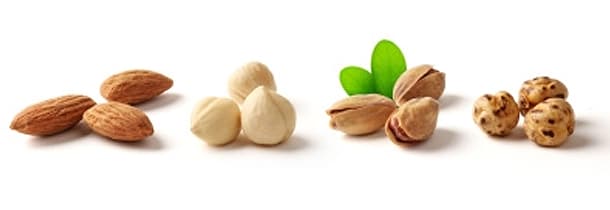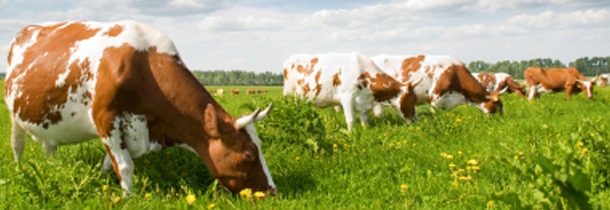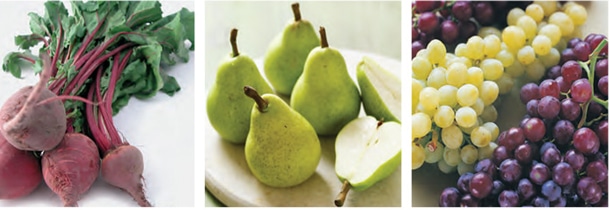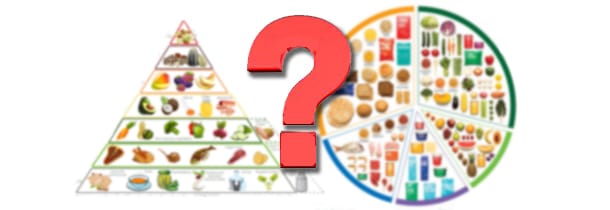Natural Alternatives to Anti-Histamines
Natural Alternatives... Where Will You Find Allergy Relief This Season?
Spring a beautiful season with light warm winds, vibrant green foliage returning to trees and plants producing a wonderful display of flower, pollen is great for bees but can be a terribly debilitating factor in seasonal allergy sufferers, so what are our natural alternatives?
25 September, 2014










